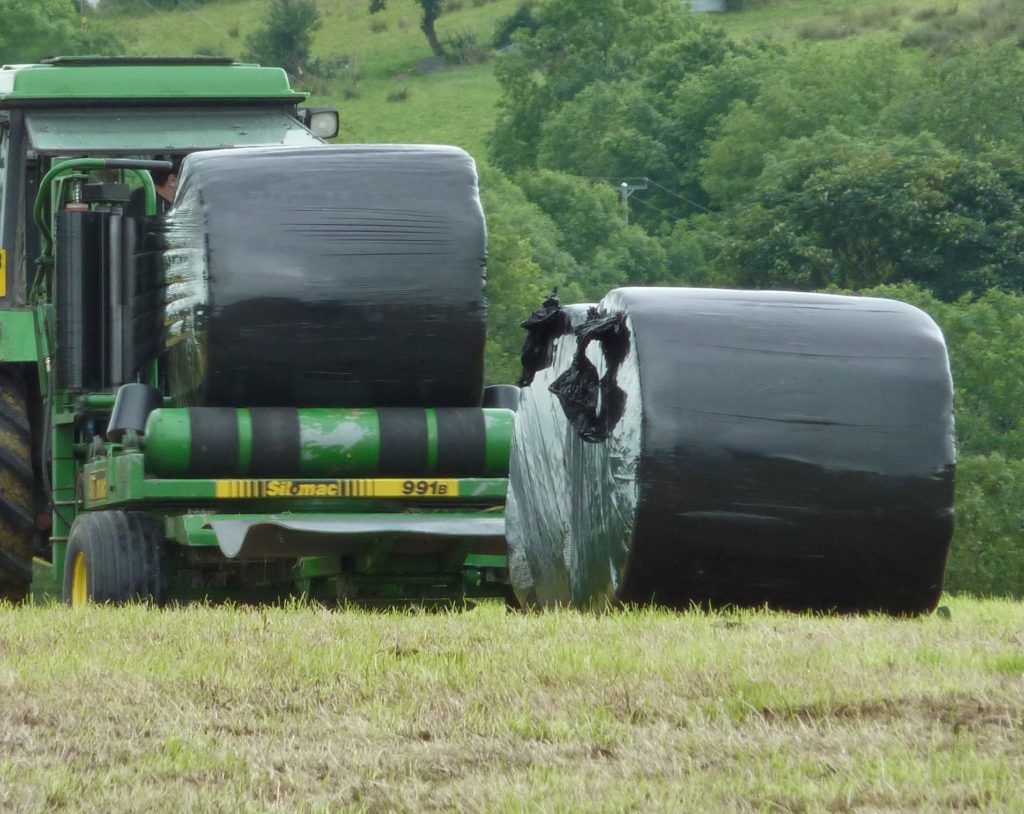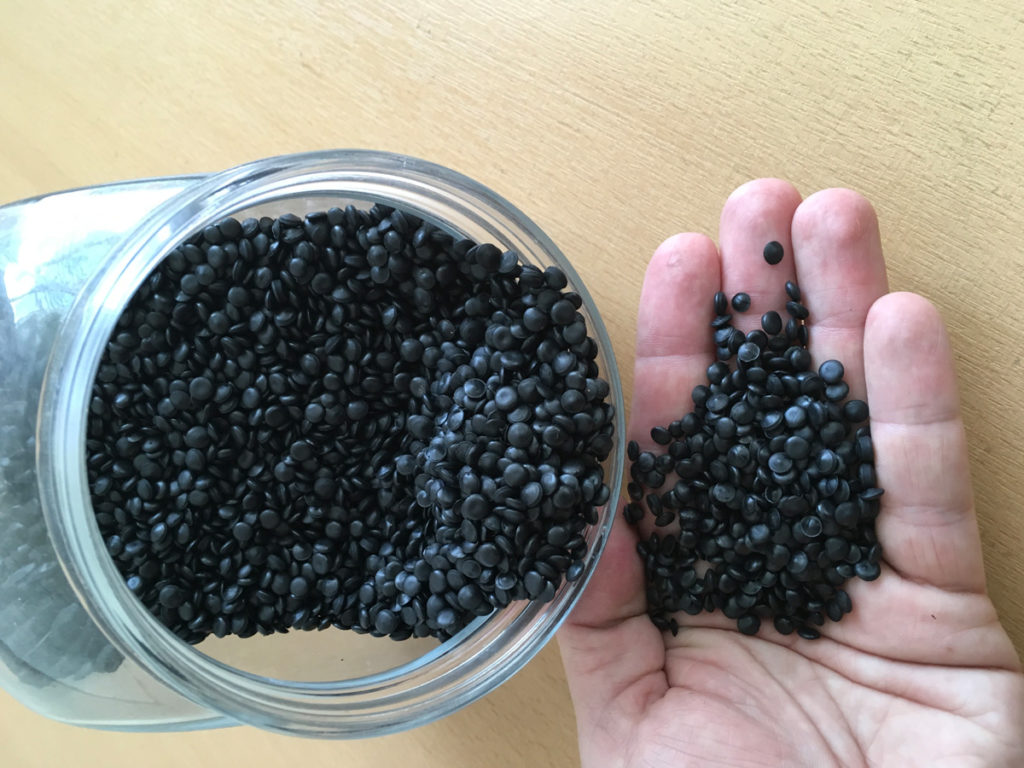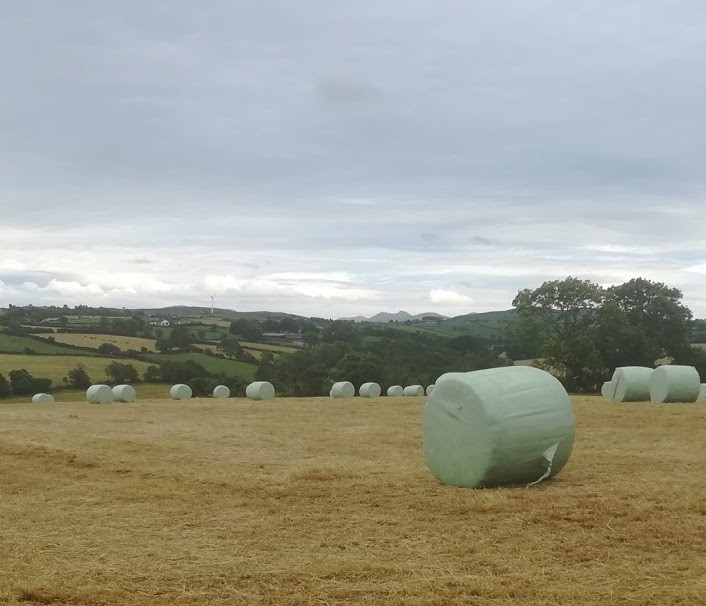Farm Plastics
The use of plastic on farms is unavoidable, spray containers, silage wrap, silo cover, fertiliser and meal bags. However, plastic usage and recycling has become a global concern and all industries are under increasing pressure to reduce their usage. The Agriculture, Plastic and Environment UK (APE UK) committee has set a target to collect and recycle 70% of used agricultural plastics by 2022.
Disposal of plastic waste
All waste, including plastics, must now be disposed of according to the Waste Management Regulations (NI) in 2006. Farm plastic waste must now be sent to a licensed recycling centre or taken to a licensed landfill site for disposal. Upon disposal farmers will be issued with a waste transfer note, which includes a written description of the waste that has been moved and this should be retained for at least two years
Why should I recycle my farm plastics?
Disposing of your farm plastic is a requirement of cross compliance and recycling is the most environmentally friendly means of managing your farm plastic waste. Being involved in a recycling scheme is very easy and simply requires farmers to separate and bag up farm waste according to the type of plastic. Also, farmers have the choice to deliver to a regulated collector site or arrange for collection on-farm.
Storing plastic waste prior to collection
Under the Waste Management Regulations (NI) 2006 agricultural waste can be stored on farm for up to 12 months. Whilst stored, plastic should be kept as dry and clean as possible. Dirty plastic costs the recycling centre more to process and also it costs the farmer more to dispose of it. In fact, contaminated plastic can weigh roughly twice as much as it does when clean. To prevent stored plastic from blowing around the farmyard and becoming further contaminated, a storage system such as a cage, a silage trailer or a recycling bin is recommended.
What happens to my plastic afterwards?
The recycling process involves cleaning, shredding, and drying the waste before it’s melted into plastic pellets. These pellets are then used to manufacture new products such as bin bags, piping and furniture.

What can I do to reduce plastic use?
- Where practical, buy in bulk – this can be particularly useful for items such as meal and fertiliser.
- Alternatively, invest in your own feed bins and utilise blowers in feed lorries to refill bins as and when required.
- Rapid wilting of silage to concentrate the sugars and increase the dry matter will reduce the quantity of bales produced.
- Utilising a chopper baler when making silage can help to compact more grass into a bale making fewer but denser bales.



